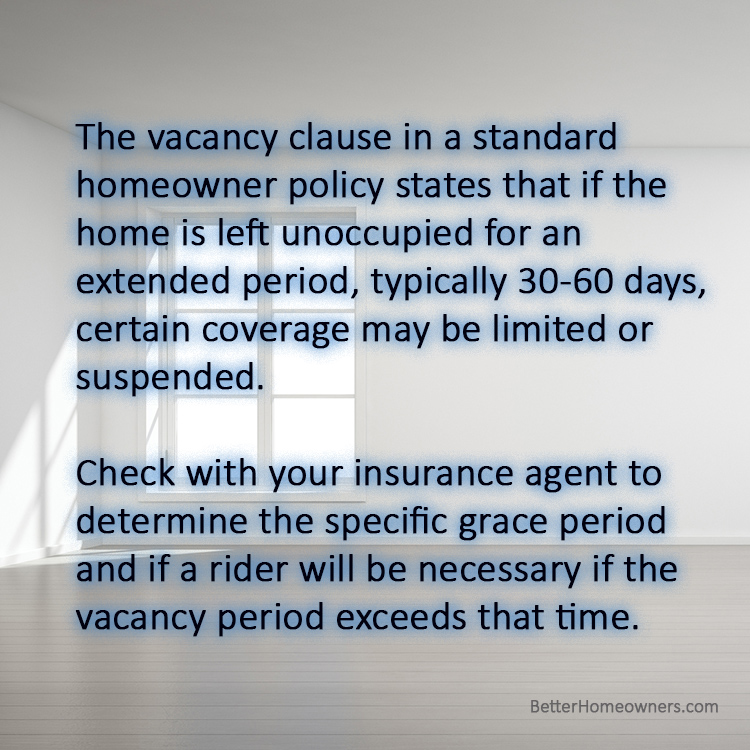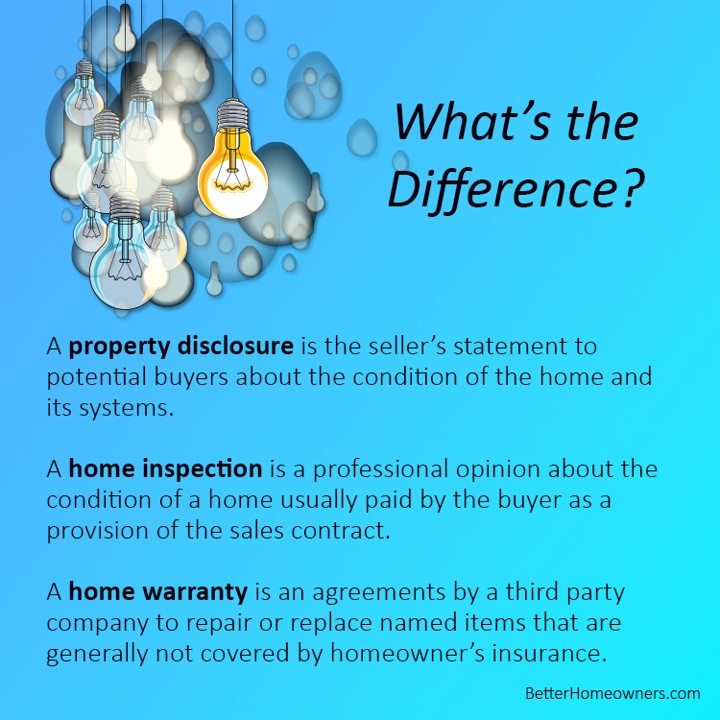
Check with your insurance agent before you leave the home vacant.
Tags:Home Buying, home buying tips, home selling, Houston Home Buying, houston home buying tips, Houston Home Living, Houston Home Selling, Houston Real estate, houston realtor, mortgage and finance
Posted in Home Buying, home selling | Leave a Comment »
Tags:Home Buying, home buying tips, home selling, Houston Home Buying, houston home buying tips, Houston Home Living, Houston Home Selling, Houston Real estate, houston realtor, mortgage and finance
Posted in Home Buying, home selling, Housing Market, Houston Living, Mortgage & Finance | Leave a Comment »

Whether you’re a seasoned homeowner or just starting this thrilling chapter, every time you turn your key, you’re not just entering a house but also embedding yourself in a neighborhood. The heartbeat of a vibrant community doesn’t solely rest upon pristine lawns or architectural beauty, but predominantly on its residents — wonderful folks like you! Consider these suggestions to enjoy your new neighborhood and actively contributing to making it a wonderful place to live.
Foster Connection – Begin your journey by fostering connections. Introduce yourself to your neighbors, participate in or organize social events, and involve yourself in local gatherings, HOA, Next Door, or forums. Establishing a network of friendly faces creates a sense of belonging and shared responsibility towards the well-being of the neighborhood.
Create a Safe Environment – A safe community is a serene community. Be mindful of adhering to speed limits while driving through your neighborhood, watch out for children playing, and consider organizing or participating in a neighborhood watch program. Ensuring that everyone feels secure enhances the quality of life for all residents.
Champion Cleanliness and Green Practices – Your new neighborhood is an extension of your home. Engage in and advocate for practices like regular clean-up drives, recycling initiatives, and maintaining green spaces. Planting trees or creating communal gardens can be wonderful projects that not only beautify the area but also instigate sustainable living.
Support Local Businesses – Frequent local shops, cafes, and services to boost the neighborhood’s economy. Supporting local businesses fosters a self-sustaining community, often making it more attractive to future residents and other local entrepreneurs.
Volunteer and Offer Support – Whether it’s helping a neighbor with yard work or volunteering in local schools, your acts of kindness will ripple through the community, establishing a culture of support and assistance that enriches everyone’s lives.
Organize and Participate in Events – From block parties to garage sales, events can add vivacity to any neighborhood. They provide a platform for residents to mingle, forge friendships, and create cherished memories, threading a fabric of unity and camaraderie.
Respectful Living – Being mindful and considerate of your neighbors is foundational. Adhere to noise guidelines, maintain your property, and respect shared spaces. A culture of mutual respect enhances peaceful co-existence and cultivates a harmonious environment.
Advocate for Improvements – If you observe areas for improvement, like a need for better street lighting or safer playgrounds, take the initiative. Work with local authorities, attend town meetings, or organize petitions to facilitate beneficial changes.
In contributing towards shaping a great neighborhood, you’re not only enhancing your living experience but also elevating the quality of life for existing and future residents. Your active involvement, care, and initiatives sow the seeds for a community where everyone enjoys a sense of belonging, security, and joy in their daily lives. After all, the richest neighborhoods are those woven with the threads of unity, understanding, and collective effort. So, embrace your role and be the beacon that lights up your community with positivity and progress!
Tags:Home Buying, home buying tips, home selling, Houston Home Buying, houston home buying tips, Houston Home Living, Houston Home Selling, Houston Real estate, houston realtor, mortgage and finance
Posted in Home Buying, home selling, Housing Market, Houston Living, Mortgage & Finance | Leave a Comment »

Happy Groundhog Day…Regardless of whether you’re selling or not, contact your agent to get a much more accurate value for your home in today’s market.
Tags:Home Buying, home buying tips, home selling, Houston Home Buying, houston home buying tips, Houston Home Living, Houston Home Selling, Houston Real estate, houston realtor, mortgage and finance
Posted in Home Buying, home selling, Housing Market | Leave a Comment »

Typical closing costs can vary depending on what is customary in an area, the mortgage type, property value, and other factors. The largest expenses can be the real estate commission and the title policy. Total closing costs for a buyer can characteristically range from 2% – 5% of the sales price and 4% – 7% for a seller.
The most common buyer’s closing costs include loan origination fee, title insurance, attorney fees, appraisal, homeowner’s insurance, underwriting, miscellaneous fees associated with a new mortgage, and prepaid interest to the end of the month.
Interest is paid in arrears on mortgages after the borrower has used the money. The payment due on the first of the month pays the interest for the previous month and is calculated for a full month. The prepaid interest covers the time from the closing date to the end of that month. The borrower’s first payment will usually not be the first of the month following the closing date but the next one.
Separate from the closing costs, lenders usually itemize the additional fees collected at closing used to pre-pay portions of the property taxes and insurance to establish the escrow account. Insurance is always purchased annually in advance which would be due at closing.
The seller will owe the taxes from January 1st to the closing date, and it will generally show as a credit to the buyer if they haven’t been paid to the taxing authority for the year yet. Lenders generally like to have two months of funds for the annual insurance and taxes so they can be paid or renewed before it is due.
Some expenses are paid outside of closing like the inspection fees that would be due to the provider at the time they are made.
While both buyers and sellers are responsible for paying certain closing costs, it is possible for a buyer to negotiate for a seller to pay part or all their closing costs. VA loans restrict the buyer from paying certain fees and they become the responsibility of the seller. Such fees include attorney fees, agent fees, escrow fees to establish the account, rate lock fees, appraisal fees or inspections ordered by the lender.
The actual expenses will be determined by the lender and special provisions in the sales contract. Your agent can supply you with an estimate of closing costs you typically will be responsible for at the beginning of the transaction and again at the time the sales contract is written. Buyers will receive an estimate from their lender at the time of application.
Tags:Home Buying, home buying tips, home selling, Houston Home Buying, houston home buying tips, Houston Home Living, Houston Home Selling, Houston Real estate, houston realtor, mortgage and finance
Posted in home selling | Leave a Comment »
Tags:Home Buying, home buying tips, home selling, Houston Home Buying, houston home buying tips, Houston Home Living, Houston Home Selling, Houston Real estate, houston realtor, mortgage and finance
Posted in Home Buying, home selling, Housing Market, Houston Living, Mortgage & Finance | Leave a Comment »

Please consider me your go-to source for anything real estate; I’m here to help even when you’re not buying or selling.
Tags:Home Buying, home buying tips, home selling, Houston Home Buying, houston home buying tips, Houston Home Living, Houston Home Selling, Houston Real estate, houston realtor, mortgage and finance
Posted in Home Buying, home selling, Housing Market, Houston Living, Mortgage & Finance | Leave a Comment »
Tags:Home Buying, home buying tips, home selling, Houston Home Buying, houston home buying tips, Houston Home Living, Houston Home Selling, Houston Real estate, houston realtor, mortgage and finance
Posted in Home Buying, home selling | Leave a Comment »

Appreciation and amortization have a big impact on your equity but leverage of high loan-to-value mortgages for homeowners also plays a big part.
Tags:Home Buying, home buying tips, home selling, Houston Home Buying, houston home buying tips, Houston Home Living, Houston Home Selling, Houston Real estate, houston realtor, mortgage and finance
Posted in Home Buying, home selling | Leave a Comment »

A property description is a marketing tool, a home inspection is a reality check, and a home warranty is a safety net.
Tags:Home Buying, home buying tips, home selling, Houston Home Buying, houston home buying tips, Houston Home Living, Houston Home Selling, Houston Real estate, houston realtor, mortgage and finance
Posted in Home Buying, home selling | Leave a Comment »
You are currently browsing the archives for the home selling category.